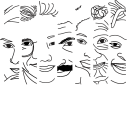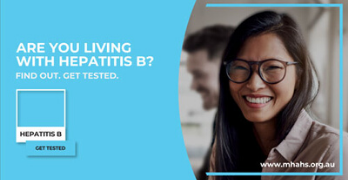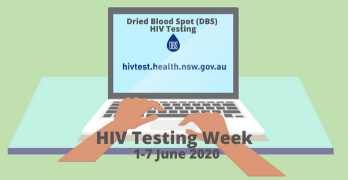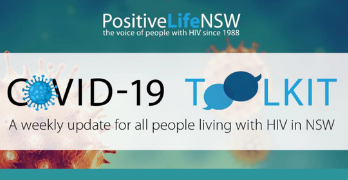People from diverse communities are being urged to get tested for hepatitis B as part of the 2020 World Hepatitis Day campaign by the Diversity Hub’s Multicultural HIV and Hepatitis Service. The Are you living with hepatitis B? Find Out. Get Tested campaign aims to raise awareness of hepatitis B testing and treatment in Arabic-speaking, Chinese-speaking, Korean and Vietnamese communities living in NSW.
World Hepatitis Day rightly refocuses our attention to viral hepatitis work and urges communities to take care of their health by asking their doctor for a hepatitis B test, according Barbara Luisi, Director of the Diversity Programs and Strategy Hub.
“We have made a lot of progress towards eliminating viral hepatitis from the world. While COVID-19 has had an impact on most essential services, we have also worked hard and adapted how we promote our hepatitis B testing and treatment services in the community,” said Ms Luisi.
Funded by the NSW Ministry of Health, the Are you living with hepatitis B? Find Out. Get Tested campaign features multilingual print and digital resources developed in consultation with communities urging them to get tested for hepatitis B.
The campaign will run across key community print media and radio with promotions across relevant social media channels.
For more information, please contact Natali Smud on 9515 1234 or email




